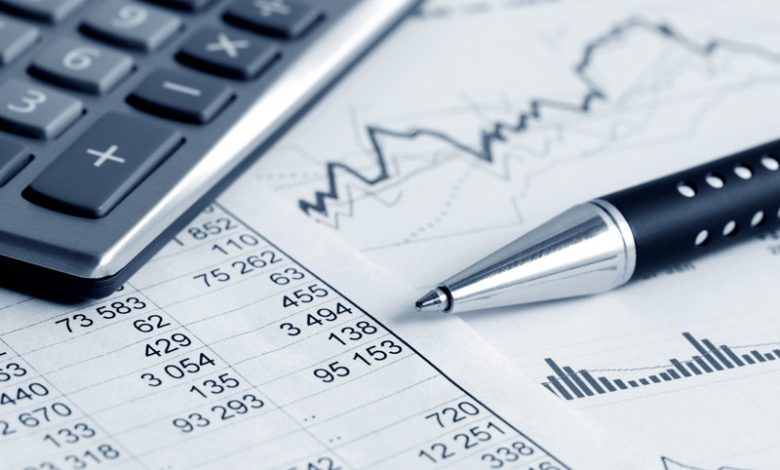
Exclusive: Thai Central Bank Chief and Finance Minister to Discuss Inflation Target Amid Government’s Rate Cut Consideration
By Kitiphong Thaichareon
BANGKOK – Thailand’s central bank governor and finance minister are set to meet in early September to initiate discussions on a new inflation target for 2025, according to a senior official. This move comes as the government seeks to establish a new goal in anticipation of a long-awaited rate cut.
The government has been in a prolonged disagreement with the Bank of Thailand (BOT) since last year, consistently advocating for reductions in key interest rates to stimulate the struggling economy, which is the second largest in Southeast Asia.
Paetongtarn Shinawatra, who became prime minister earlier this month, previously referred to the central bank’s independence as an "obstacle" in addressing economic challenges.
A re-evaluation of the existing 1-3% inflation target range, which has been in place since 2020, might increase the likelihood of a rate reduction, as suggested by her predecessor Srettha Thavisin, who was ousted from office by a court decision.
During the upcoming meeting, the central bank is expected to present a target proposal approved by its monetary policy committee (MPC). BOT assistant governor Piti Disyatat expressed optimism about reaching a consensus, although he refrained from revealing the MPC’s target beforehand.
The planned discussions between the BOT and the finance ministry regarding the inflation target had not been previously disclosed. Despite governmental pressure for a rate cut, the central bank has maintained its benchmark interest rate at a decade-high of 2.50%. The next rate review is scheduled for October 16.
The finance ministry is currently gathering data in preparation for the September meeting, with the exact date to be confirmed once Paetongtarn announces her cabinet, including the finance minister. Pornchai Thiraveja, head of the ministry’s fiscal policy office, stated that a target would not be pre-determined and will largely depend on the central bank’s proposal.
Thailand’s inflation target undergoes an annual review that must be agreed upon by both the BOT and the finance ministry before receiving cabinet approval by year-end. The BOT has maintained that the current target range is effective, even though headline inflation averaged just 0.11% from January to July. The central bank has yet to meet its designated inflation target since its establishment.
Recently, BOT Governor Sethaput Suthiwartnarueput cautioned that altering the target could compromise its credibility, influence inflation expectations, and affect borrowing costs. The central bank is preparing an open letter to the finance minister to clarify why inflation is deviating from the target, following established protocols.
In the most recent letter, issued in February, the BOT attributed persistently low headline inflation primarily to government energy subsidies that reduced electricity and fuel prices. The letter noted that, without these subsidy measures, average headline inflation would have been within the monetary target range at 1.6%.
Thailand’s economic growth showed a modest increase of 2.3% in the April-June quarter compared to the previous year, although analysts noted that fiscal policy uncertainty may cloud future prospects. The BOT has projected a growth rate of 2.6% for 2024, following last year’s growth of 1.9%.
 GOOGL
GOOGL  META
META 


